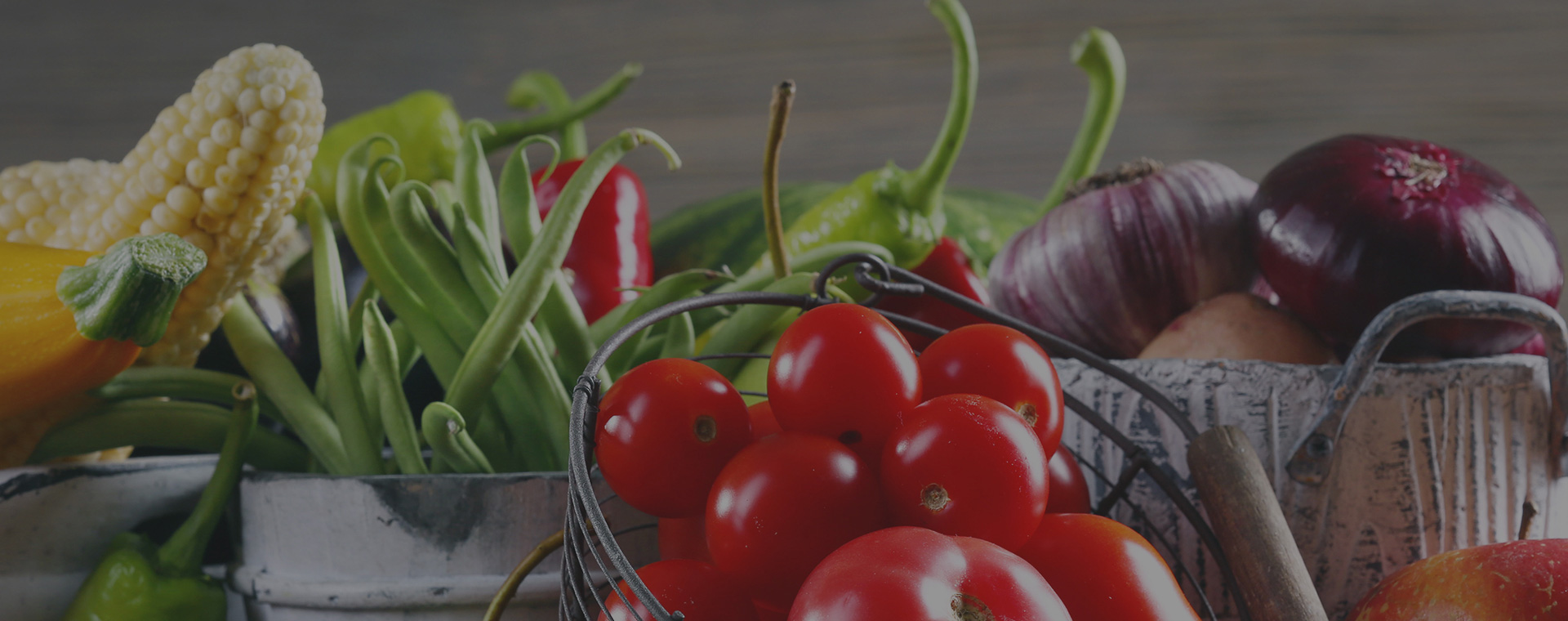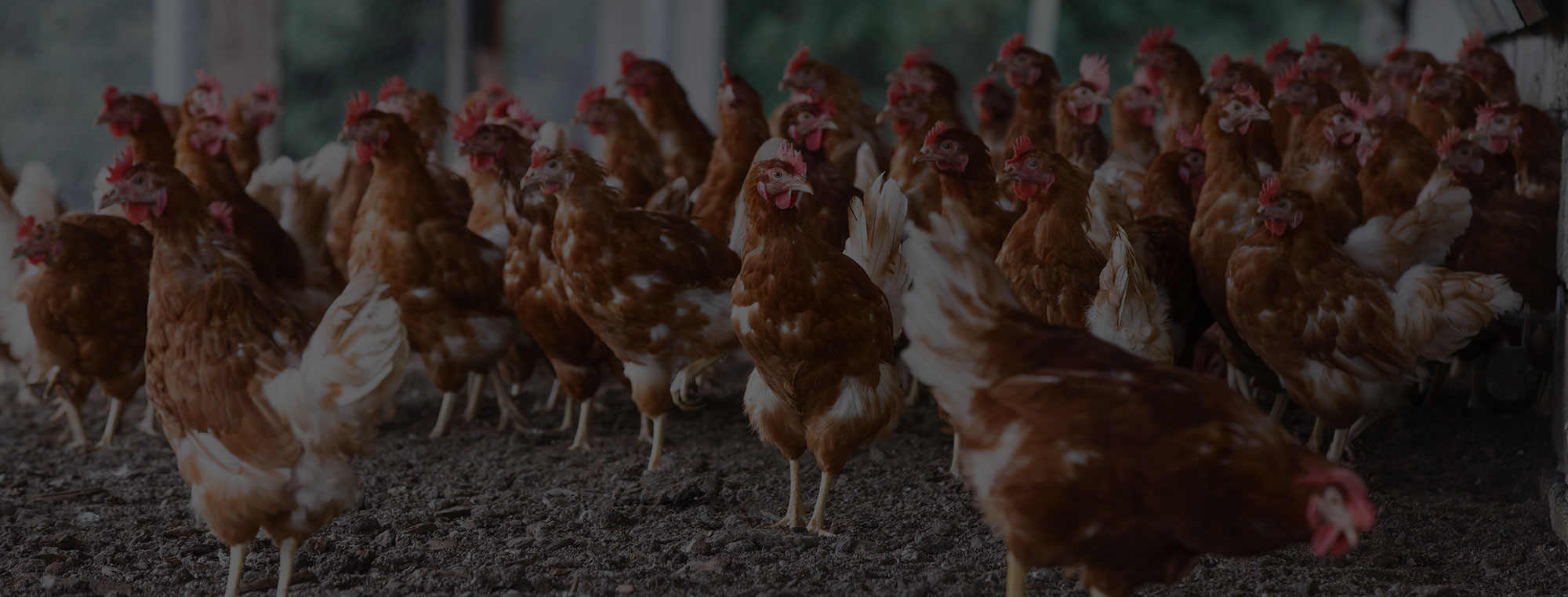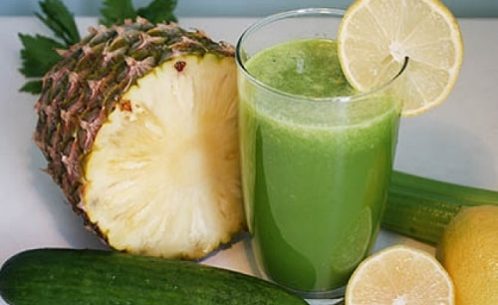Our core values guide us in how we conduct ourselves—personally and professionally. In this ever-changing world of agriculture, our core values are constant. They underlie our work, how we interact with each other and which strategies we employ to fulfill our mission.
We continue to develop our capacities. Even more fruits and vegetables will be grown and gathered in the nearest future. The total number of our livestock is also increasing.
Free Shipping
in Abak area
24/7 Support
available
Daily Updates
check out store for latest
7-day Returns
policy

Organic farming produces plant and animal foods without the excessive use of chemicals. It focuses on using fertile soil along with a variety of crops to maintain healthy growing conditions which produce a food with more nutrients and less chemicals than typical commercial foods. Organic farming prohibits the growing of GM foods, a controversial issue among commercial growers.
Animals reared on organic farms are treated properly with room to behave like animals and are fed healthy food sources not laden with drugs and other chemicals.
How your food is grown or raised can have a major impact on your mental and emotional health as well as the environment. Organic foods often have more beneficial nutrients, such as antioxidants, than their conventionally-grown counterparts and people with allergies to foods, chemicals, or preservatives often find their symptoms lessen or go away when they eat only organic foods.
Organic produce contains fewer pesticides. Chemicals such as fungicides, herbicides, and insecticides are widely used in conventional agriculture and residues remain on (and in) the food we eat.
Organic food is often fresher because it doesn’t contain preservatives that make it last longer. Organic produce is often (but not always, so watch where it is from) produced on smaller farms near where it is sold.
Organic farming is better for the environment. Organic farming practices reduce pollution, conserve water, reduce soil erosion, increase soil fertility, and use less energy. Farming without pesticides is also better for nearby birds and animals as well as people who live close to farms.
Organically raised animals are NOT given antibiotics, growth hormones, or fed animal byproducts. Feeding livestock animal byproducts increases the risk of mad cow disease (BSE) and the use of antibiotics can create antibiotic-resistant strains of bacteria. Organically-raised animals are given more space to move around and access to the outdoors, which help to keep them healthy.
Organic meat and milk are richer in certain nutrients. Results of a 2016 European study show that levels of certain nutrients, including omega-3 fatty acids, were up to 50 percent higher in organic meat and milk than in conventionally raised versions.
Organic food is GMO-free. Genetically Modified Organisms (GMOs) or genetically engineered (GE) foods are plants whose DNA has been altered in ways that cannot occur in nature or in traditional crossbreeding, most commonly in order to be resistant to pesticides or produce an insecticide.
Organic food is often fresher because it doesn’t contain preservatives that make it last longer. Organic produce is often (but not always, so watch where it is from) produced on smaller farms near where it is sold.
Organically raised animals are NOT given antibiotics, growth hormones, or fed animal byproducts. Feeding livestock animal byproducts increases the risk of mad cow disease (BSE) and the use of antibiotics can create antibiotic-resistant strains of bacteria. Organically-raised animals are given more space to move around and access to the outdoors, which help to keep them healthy.
Organic meat and milk are richer in certain nutrients. Results of a 2016 European study show that levels of certain nutrients, including omega-3 fatty acids, were up to 50 percent higher in organic meat and milk than in conventionally raised versions.
Organic food is GMO-free. Genetically Modified Organisms (GMOs) or genetically engineered (GE) foods are plants whose DNA has been altered in ways that cannot occur in nature or in traditional crossbreeding, most commonly in order to be resistant to pesticides or produce an insecticide.
Organic produce contains fewer pesticides. Chemicals such as fungicides, herbicides, and insecticides are widely used in conventional agriculture and residues remain on (and in) the food we eat.
Organic farming is better for the environment. Organic farming practices reduce pollution, conserve water, reduce soil erosion, increase soil fertility, and use less energy. Farming without pesticides is also better for nearby birds and animals as well as people who live close to farms.








